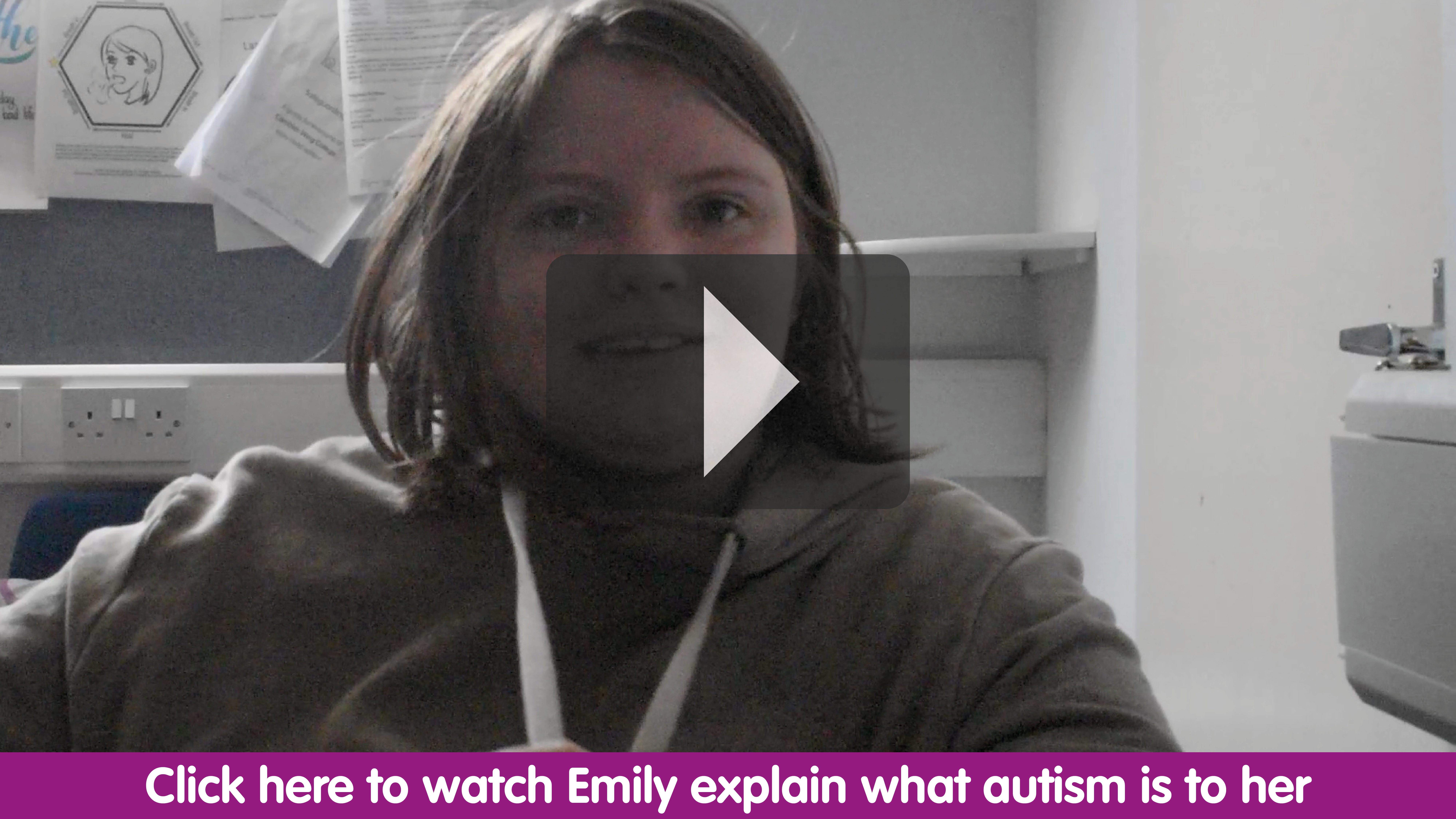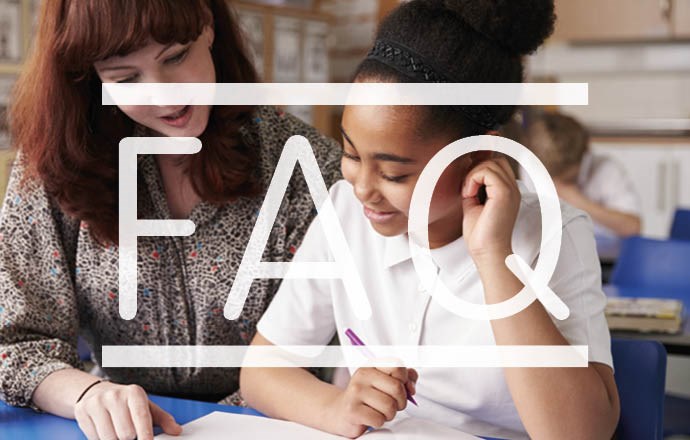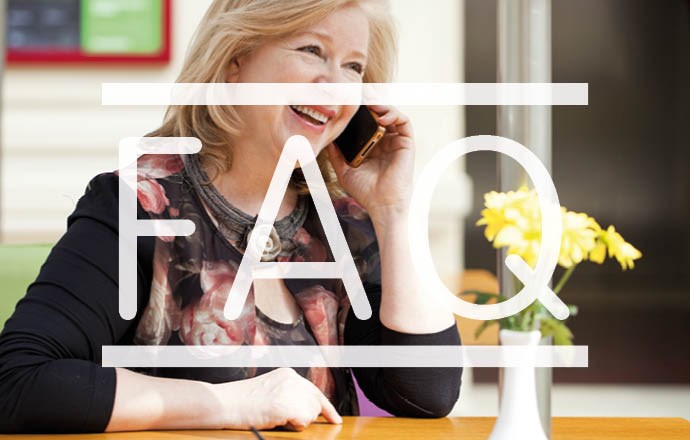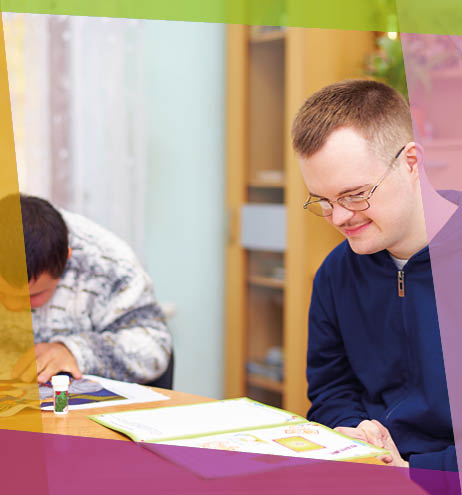Find out more
Autism Spectrum Disorder (ASD) is a lifelong condition in which the brain works differently to others. It affects how a person makes sense of the world around them and communicates and interacts with others.
For more information about what autism is, head over to our Specialism section here.
You can also watch Emily from Wing College explain what autism is and what it is like for her below:
Does my child have Autism?
As a parent or carer, you know your child better than anyone else. If you have any concerns about development, behaviours, communication or learning abilities then it is better to try and get to the bottom of it as soon as possible.
Keep a diary of your child's behaviours or areas of development that are giving you cause for concern. This can not only help as supporting evidence when trying to get a diagnosis but can also help you identify if there are any patterns to your child's difficulties.
Speak to your child's nursery or school and see if they have the same concerns. Alternatively, seek advice from your GP or Health Visitor who may be able to carry out simple assessments. If there is agreement on your concerns, ask for a referral for assessment.
Is there a test for Autism? / How do I get a test for Autism?
To get a child assessed for autism you would need to speak with your GP and ask if he would refer your child for an assessment.
How do I get an Autism assessment?
First step would be to speak with your GP – keep a diary of your concerns so you can discuss with your Dr at the appointment, it is easy to forget some key points when you are in an appointment.
What are the symptoms of Autism?
Symptoms of Autism can be varied:
• Social difficulties i.e. relationships/ lack of empathy/inappropriate eye contact.
• Communication difficulties i.e. speech/facial expression/body language/eye contact.
• Inflexibility i.e. resistance to change/special interests/ritualistic behaviours.
• Sensory issues i.e. under or over sensitivity; sound/light/smell/taste/touch
Each young persons symptoms can be very different.
Is there a checklist for Autism?
There is no check list for Autism – diagnosis is through assessment.
How do I get a diagnosis for Autism?
Speak with your GP and ask for a referral.
Why do you still use the term Asperger's Syndrome on your website?
Whilst the term Asperger’s is no longer typically used as an official diagnosis, and we are of course aware of the problematic evidence and negative connotations in relation to Hans Asperger, of which the term derives. There are still those who have previously been diagnosed with Asperger’s Syndrome and may still prefer to be identified by this diagnosis. Asperger’s Syndrome is a term that remains on our website for this very reason, it is also a widely searched term and we do not discriminate against those who still use or are most familiar with this term.
Autism is a spectrum condition and impacts all those with a diagnosis in different ways. Our role is to support every child in our care based on their individual needs and to help them reach their full potential. We actively take on board all comments and feedback in relation to this sensitive subject and will continue to develop our website and literature appropriately in support of this.







